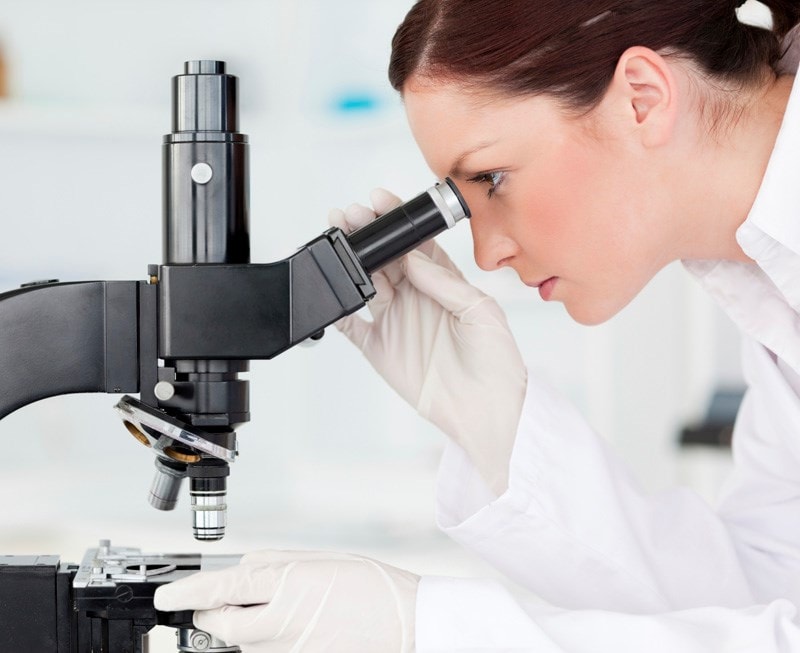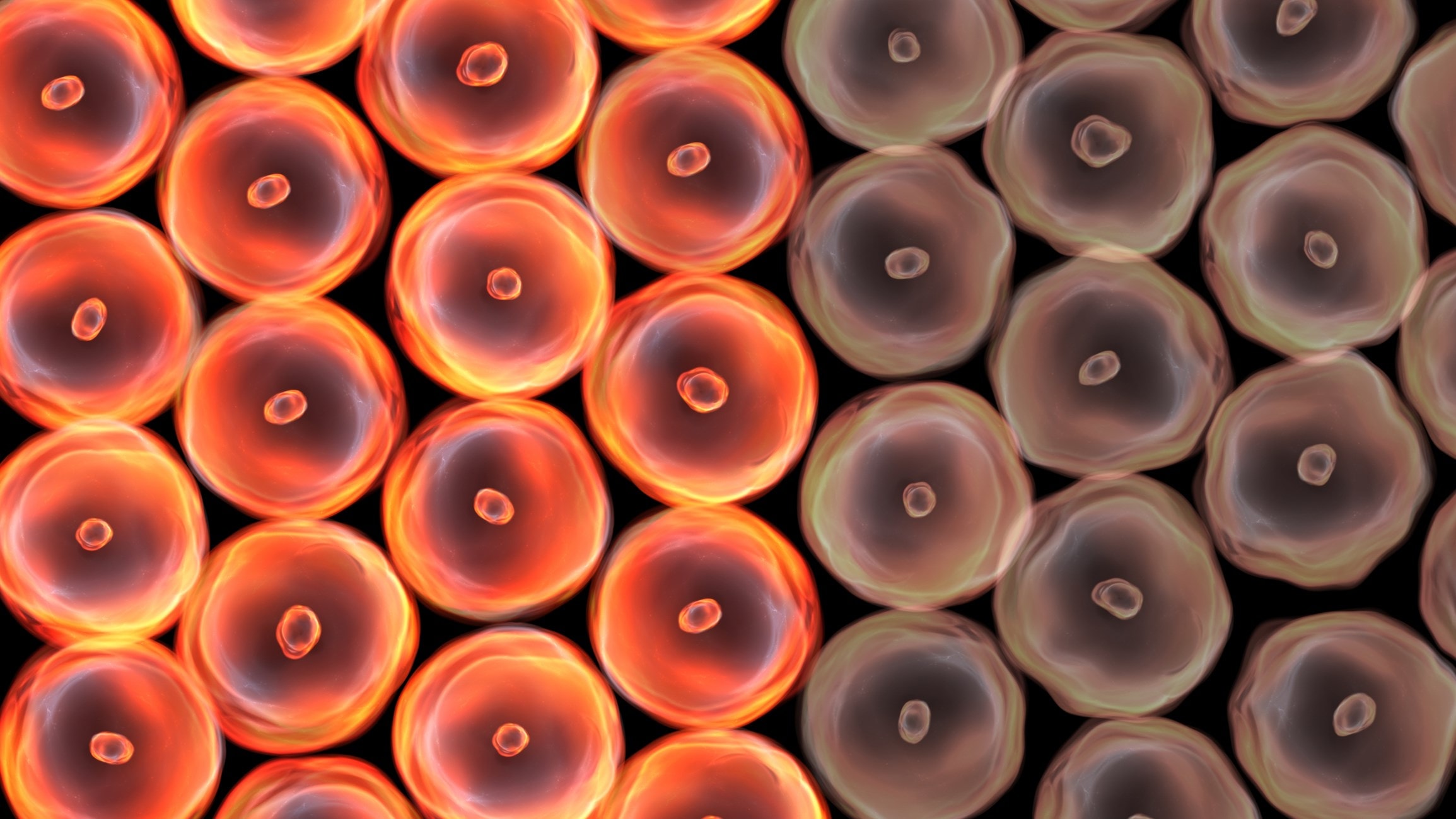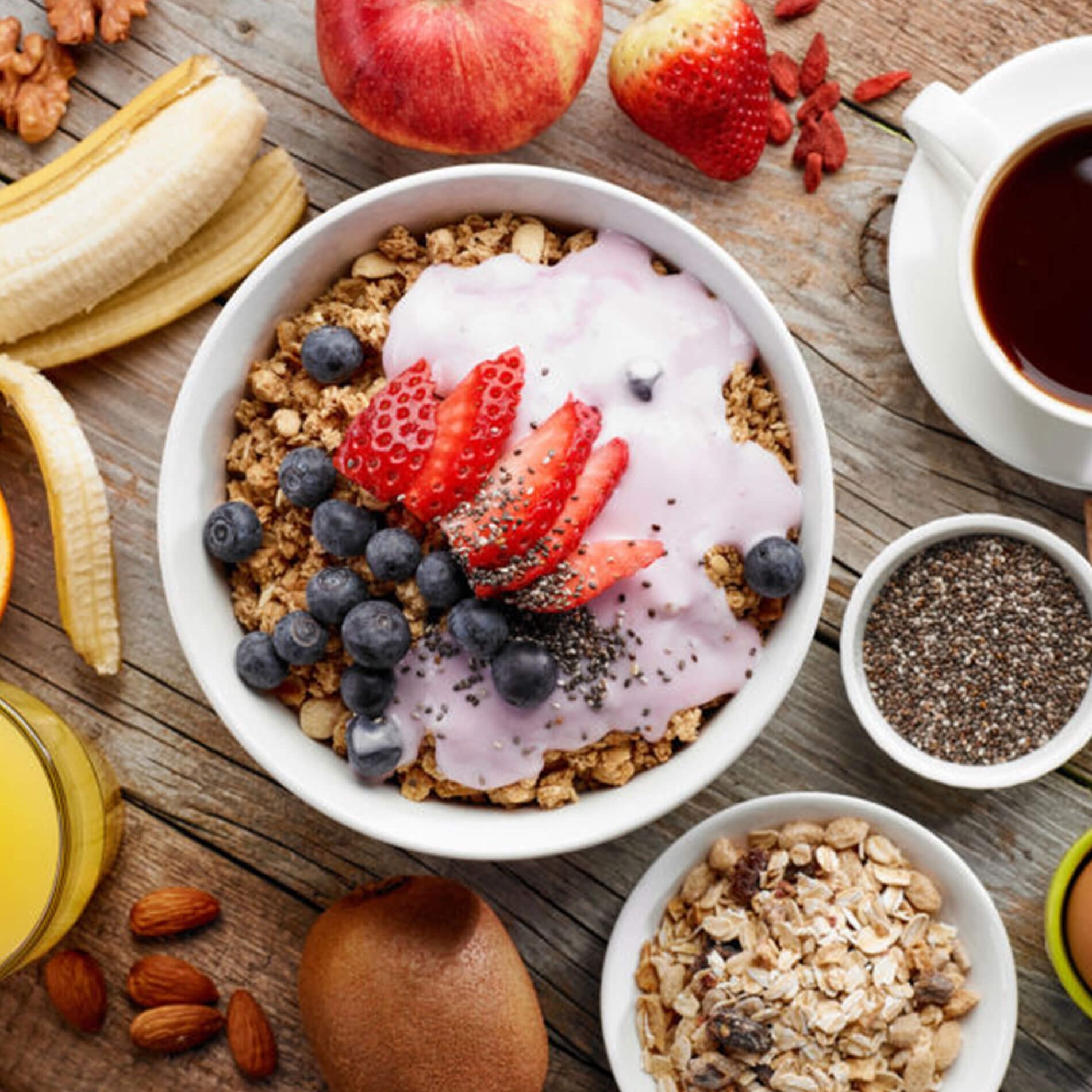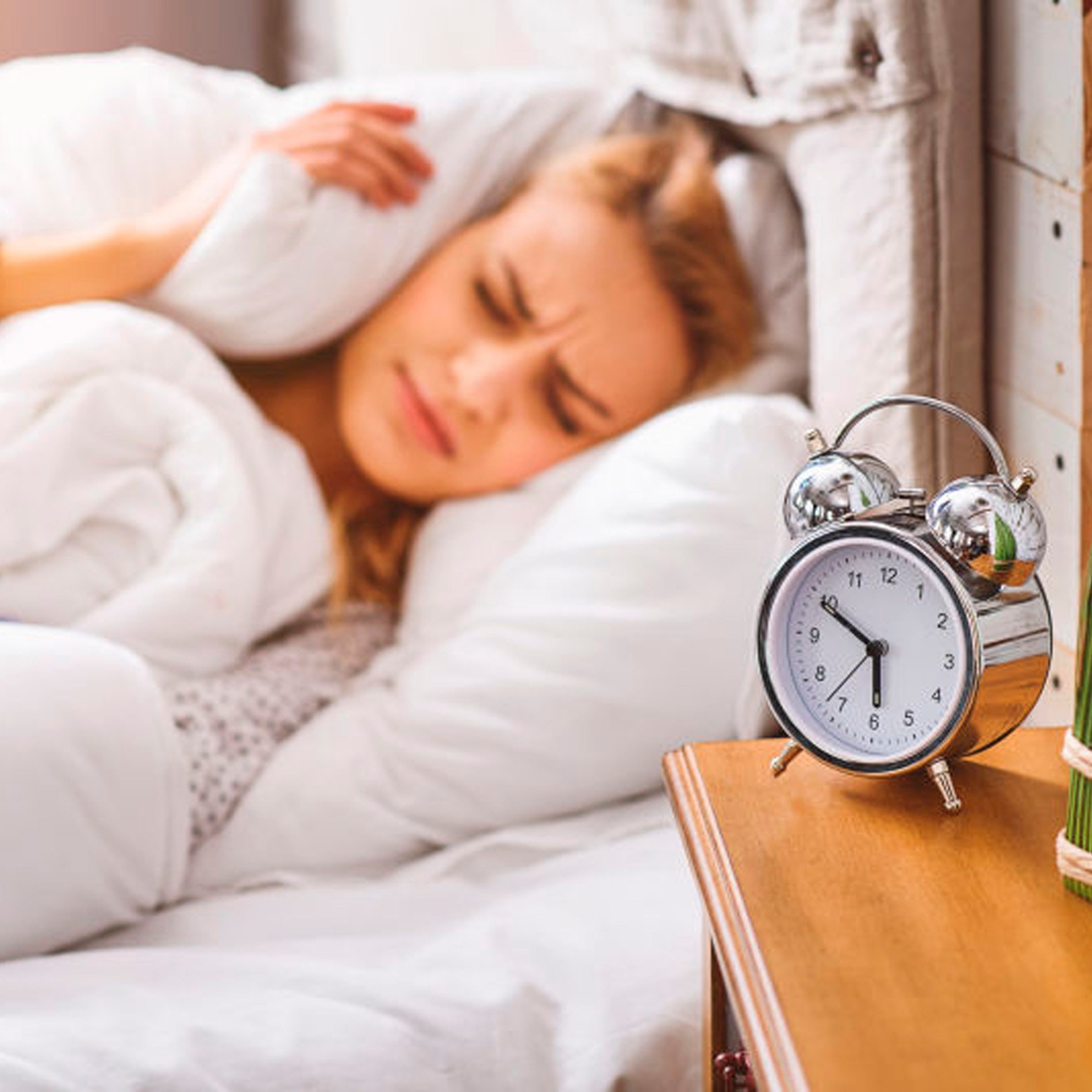Can Good Bacteria Turn Bad?
Probiotics: under fire?
We’re learning new things about the wonders of gut health every day, and with these new discoveries comes an inevitable mixture of mostly positive, but sometimes negative conversations. This means the cornerstone for gut health – probiotics – can often get caught up in research revelations and controversies alike.
For example, a study1 was recently published on the evolution of probiotics once in the gut. The study looked at a particular strain - E. coli Nissle - a commonly used probiotic in Germany and some EU countries.
The probiotic strain has been researched for diarrhoea, IBS and ulcerative colitis. It was used in this latest study, aimed at discovering how probiotics act under different conditions and to evaluate the safety of genetically engineered probiotics.
Within this article:

What did researchers do?
The researchers used mice to test possible theories. The mice were given different starting microbiomes and then received different foods to mimic different diets e.g. high sugar & low fibre(less healthy), or high fibre (more healthy). They also gave some of the mice an antibiotic at the start, as well as investigating a genetically engineered version of the E. coli Nissle strain. After 5 weeks, the scientists looked at the changes in the probiotic DNA.
What they found
The research found a number of changes in the probiotic DNA. This led to their conclusion that in the mice with poor microbiomes and eating less healthy diets (high sugar, low fibre), the probiotic had evolved to feed on more types of sugars.
The mice given an antibiotic at the start also had genetic mutations which could lead to antibiotic resistance. They also suggested the probiotic might be able to degrade the gut lining. Doesn’t sound great at first glance, does it?
Our microbiologist’s take
Don’t fret though, the experts are here to provide a balanced view! Below are some of the most common questions;
- E.coli… isn’t that bad?
- So, are probiotics safe?
- Can probiotics cause antibiotic resistance?
- Do probiotics evolve?
- Is this adaptation a problem?
- Can probiotics “eat the gut lining”?
- Mice studies: what do they mean for us?
As this study used complex methods and looked at bacteria completely on a molecular (DNA) level, it means the findings are open to potential misunderstandings.
• E.coli… isn’t that bad? Some E.coli strains can be considered harmful, but others can actually play a role in our gut health. It depends on the actual strain. E.coli strains are not used in any UK probiotic brands.
• So, are probiotics safe? Safety is super important to most probiotic brands out there. If you’re ever unsure about the safety of a probiotic supplement though, check to see if they have any recognised safety certifications in the EU and USA (such as QPS & GRAS). The E.coli Nissle strain doesn’t appear to have either of these certifications.
• Can probiotics cause antibiotic resistance? All high-quality probiotics should be tested for their ability to transfer antibiotic resistance - they should not be able to.
In this study, the researchers saw DNA mutations in the mice who had been on antibiotics and assumed this may lead to antibiotic resistance. However, they did not actually test whether this resistance was a reality. Importantly, the mutations they saw predominantly occur in bacteria like E.coli (gram-negative bacteria). Nearly all probiotics in the UK market have different cell structures to E.coli (they are gram-positive). This means the types of mutations they saw (for antibiotic resistance) are unlikely to occur in friendly bacteria in the UK.
For example, a gold standard study2 was conducted using two strains, L. rhamnosus GR-1® and L. reuteri RC-14®. In this trial, 252 women who were suffering with reoccurring urinary tract infections (UTIs) were given either an antibiotic or these two strains for 12 months. The scientists found both groups had significant reductions in UTIs, however after one month in the antibiotic group, there was a 90% resistant rate to the antibiotic. In the probiotic group, no resistance was recorded.
Healthcare professionals can find out more about these two strains on the Probiotics Database, over in Probiotic Professionals.
• Do probiotics evolve? It’s natural for all living organisms to evolve over time. As bacteria multiply very quickly, we see their changes much quicker than in animals or humans. Sometimes they can adapt to new environments, e.g. eat a wider variety of sugars. This is not always a bad thing! It means they are adapting to survive and, in the case of probiotics, provide a health benefit.
• Is this adaptation a problem? In this study, they didn’t actually test any probiotic actions. So the assumption that the changes led to something “bad” are just that – an assumption. This research did not look for any changes in gut health or immunity whatsoever.
• Can probiotics “eat the gut lining”? The study claimed the probiotic could turn on the gut and consume the gut lining of the mice. This strain has shown to support those with inflammatory bowel diseases and diarrhoea. Therefore, this statement on E.coli Nissle goes against other clinical research in humans.
• Mice studies: what do they mean for us? Whilst the study is interesting, generally mice studies are not representative of what may occur in a human gut. Some of the mice they used had no or very limited microbiomes. This is not representative of the diversity of a human gut (including those with a poor diet!).

A comprehensive conclusion
For every negative study, there’s many more positive ones. In fact, we see them published on a daily basis; seeing how clever little friendly microbes can support our health in many areas from gut health to immunity to mental health to cholesterol!
And guess what? Even the findings of the 'negative' study aren’t damning to probiotics! The researchers ultimately concluded that they still believe in developing probiotic-based therapies, and that this research opens opportunities to develop more specific and tailored probiotics.
So don’t worry probiotic lovers - the future of friendly bacteria is still very, very bright.
If you enjoyed this article, you might be interested in the following:
Probiotics are useless: True or false?
Study shows many medicines affect our gut bacteria (not just antibiotics)
References
- Crook, N. et al. (2019). 'Adaptive Strategies of the Candidate Probiotic E. coli Nissle in the Mammalian Gut'. Cell Host & Microbe [online] DOI: https://doi.org/10.1016/j.chom.2019.02.005
- Beerepoot, M. et al. (2012) 'Lactobacilli vs Antibiotics to Prevent Urinary Tract Infections: A Randomized, Double-blind, Noninferiority Trial in Postmenopausal Women'. Arch Intern Med, 172(9): 704-712
Popular Articles
View all Gut Health articles-
Gut Health14 Nov 2023
-
Gut Health25 Mar 2025


